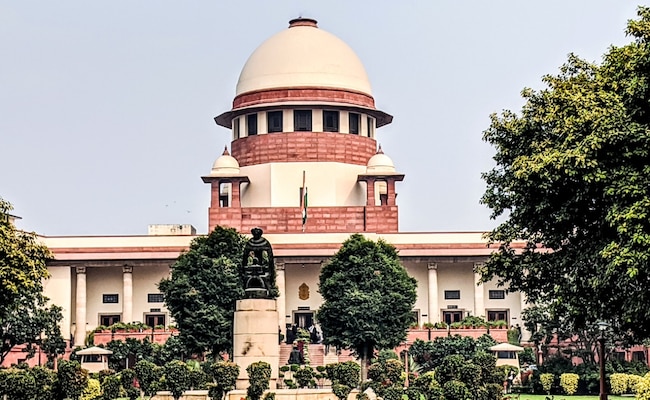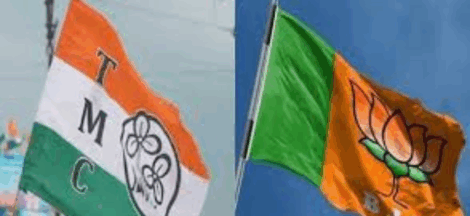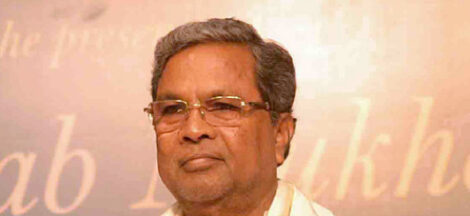On Wednesday (July 10), the Centre told the Supreme Court that as per the data analytics of the examination conducted by IIT Madras, there is neither any indication of “mass malpractice” nor a localised set of candidates being benefitted leading to abnormal scores in the NEET.
It said the findings given by the experts show that the marks distribution follows the bell-shaped curve witnessed in any large-scale exam indicating no abnormality. In an additional affidavit filed in the apex court, it stated that for 2024-25, the counselling process for undergraduate seats will be conducted in four rounds starting from the third week of July.
The data analytics was conducted after the SC on July 8 observed that sanctity of the NEET has been “breached”. Hence, in its additional affidavit, the Centre said pursuant to the court’s direction, the ministry of education made a request to the IIT Madras director to undertake comprehensive data analytics of the results.
“It is submitted that pursuant thereto an exhaustive and elaborate technical evaluation of the data pertaining to the NEET-UG 2024 examination was carried out by IIT Madras, using the parameters like marks distribution, city-wise and centre-wise rank distribution and candidates spread over marks-range, and the following findings have been given by the experts of the IIT Madras…” the Centre said.
“The analysis shows that there is neither any indication of mass malpractice nor a localised set of candidates being benefitted leading to abnormal scores,” it said, while quoting the findings.
The affidavit further stated that as per the findings, there is an overall increase in the marks obtained by the students, specifically in the range of 550 to 720. “This increase is seen across the cities and centres. This is attributed to 25 per cent reduction in syllabus. In addition, candidates obtaining such high marks are spread across multiple cities and multiple centres, indicating very less likelihood of malpractice,” it said.
With inputs from News18




 Russian envoy says his country never wanted Indians to join its army
Russian envoy says his country never wanted Indians to join its army 